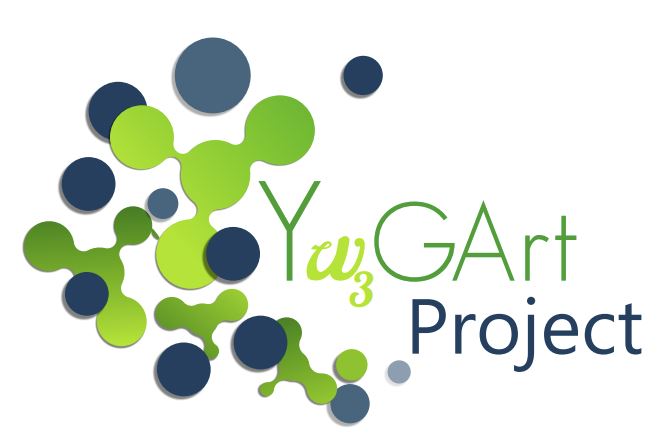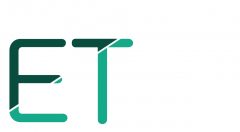

Supplementing ruminants’ diets with microalgae is a potential efficient strategy to modify milk fatty acid profile, and further to develop animal health and minimize the environment cost of the production process. Microalgae are rich in ω3 polyunsaturated fatty acids (PUFA) such as EPA and DHA, which are not synthesized in plants. DHA fatty acids are incorporated in various body tissues such as cell membranes and play a key role in anti-inflammatory process by reducing the chronic inflammation which accused of plenty disease e.g., cardiovascular. Additionally, DHA beneficial properties are expanding to regulation of antioxidant system and reduction of the Alzheimer’s disease risk. Despite the DHA beneficial properties, the organism’s ability to synthesize these fatty acids is limited, making it imperative to receive them through novel functional foods and personalized diet. The purpose of «YoGArt Project» is the dietary inclusion of microalgae in ewes’ diet to produce a new functional carbon footprint of milk production process. These innovative technologies will give a motivation for a more environmentally friendly ruminant nutrition in the near future.
This research has been co-financed by the European Regional Development Fund of the European Union and Greek national funds through the Operational Program Competitiveness, Entrepreneurship and Innovation, under the call RESEARCH—CREATE—INNOVATE (project code: T2EDK-02990).
